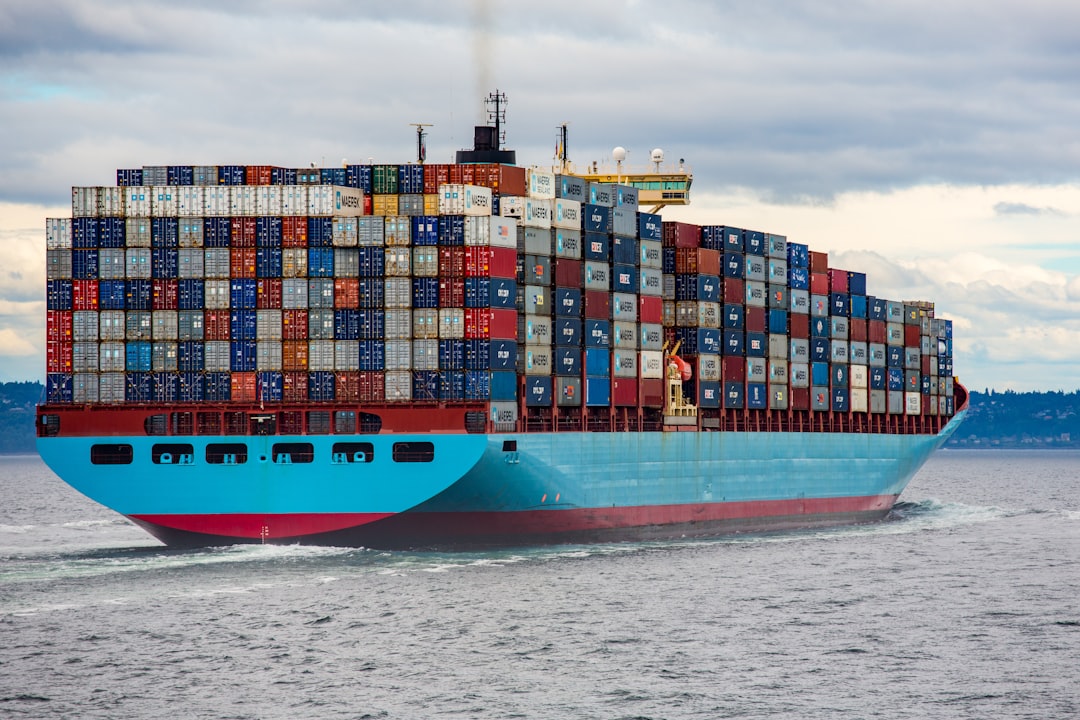Businesses and consumers rely on manufacturers to provide products. Whether you’re buying processed foods, power tools, or a new car, you’re acquiring items manufacturers assembled and distributed.
Operating in a global marketing place presents opportunities, creating operational challenges. Global politics, international relations, and economic factors impact manufacturers in all industries, and manufacturers must be more versatile than ever to thrive. The survival tips outlined here will help your manufacturing business adapt and survive.
Take time to find the right resources for your business.
Manufacturers have multiple employees coming and going throughout the day. Some manufacturers operate 24 hours a day and must secure their building after hours while ensuring employees can gain access. You can do this with smart access technology.
Smart access technology lets you offer keyless entry to your facilities while limiting access to approved personnel only. You can use two-way audio and video intercom to identify who’s requesting access and open the door remotely. You can also set up a smart access system with facial recognition software, enabling you to verify a person’s identity and limit access to authorized personnel. Comparing Swiftlane vs ButterflyMX ensures you’ll select an excellent smart access system to control building access.
Embrace environmentally friendly practices.
Reduce your carbon footprint and protect the environment. Turn to EarthwisePackaging.com to purchase plant-based packaging for your products. Their bioplastic containers are almost carbon neutral, minimizing environmental damage caused during production. Orders ship within seven business days, and bioplastic packaging suppliers offer multiple shipping options, enabling you to choose the shipping option that’s ideal for your manufacturing business.
Many consumers will pay more to support manufacturers providing environmentally friendly packaging and products, and 85 percent of consumers around the globe consider environmental factors when making purchases. Using bioplastic containers is an effective way of appealing to consumers. You’ll be ahead of your competitors when governments implement climate change policies and ban plastic bags and other plastic containers.
Be willing to adapt.

While establishing a clear business focus is an essential part of the planning stages, you must be willing to adapt to suit the changing marketplace. Performing tasks a specific way because it’s how you’ve always done things can undermine your operations and prevent you from embracing new technology. All industries can use computers to save money, and embracing new technology allows businesses to adjust their operational processes, reducing manufacturing times and increasing production. Data analysis effectively tracks sales trends and anticipates future demand. Manufacturers can also use data analysis to identify ways to reduce operating costs, but manufacturers won’t enjoy these benefits if they’re unwilling to embrace new technology and processes.
Adjust to meet consumer needs.

Consumer needs continue to evolve, and short-term or long-term concerns may impact these needs. For example, distilleries identified the need for hand sanitizer during the COVID-19 pandemic and adjusted operations, producing hand sanitizer for medical personnel and consumers. This is an example of manufacturers adapting their business to meet demand.
Economic factors may have an impact on your operational decisions. You may prioritize affordable products during a recession and may increase the production of luxury items when the economy’s thriving. Current events could also shift your focus. Suppose you produce a medical device and a competitor’s facing a lawsuit because their device is flawed. You may prioritize consumer safety above all else and take steps to ensure you’re offering a safe, superior device.
Focus on your supply chain.

Manufacturers need access to supplies and must distribute products. Supply chain issues can slow production and complicate distribution. Hire experienced logisticians to monitor and evaluate your supply chain, ensuring you have options if there’s a supply chain disruption threatening your operations.
Manufacturers compete in a global marketplace and must adapt when global events affect operations. Investing in the best resources, using environmentally friendly packaging, embracing new technology, considering consumer demand, and monitoring your supply chain will help your manufacturing business adapt and survive.
Leave a Reply